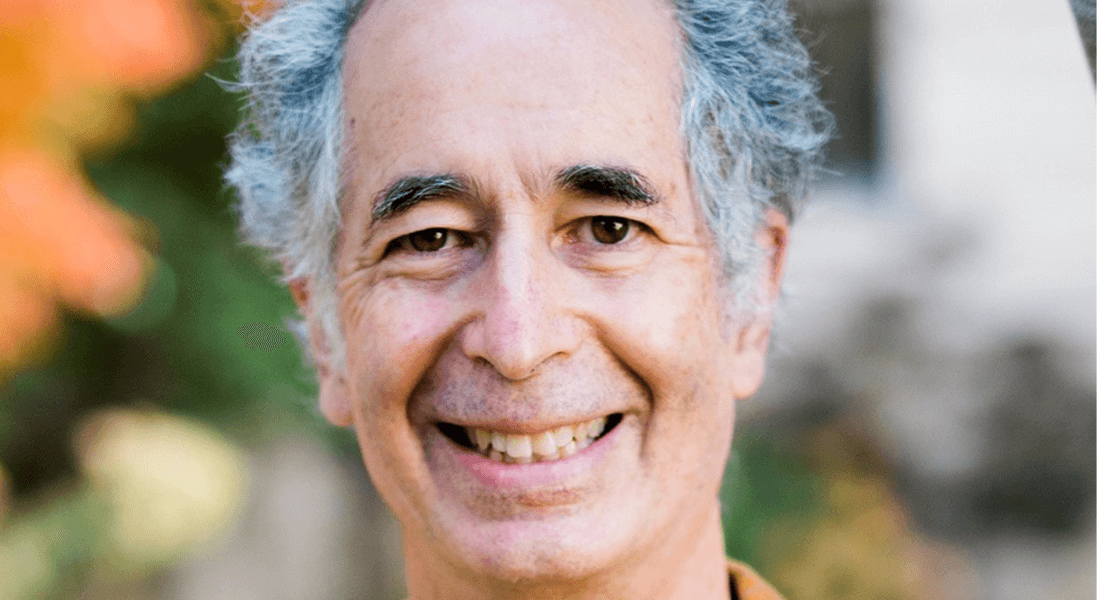Guest lecture by Professor Roger Innes

The Importance of Being Wrong. How Disproving a Hypothesis Can Lead to Exciting New Science
Guest lecture by Professor Roger Innes, Department of Biology, Indiana University Bloomington, USA
In this talk I will track the history of an exciting new project in the Innes Lab that grew out of multiple failed hypotheses. In each case, we were testing hypotheses concerning how plants defend themselves against pathogens, and in each case we designed experiments that were able to disprove our hypothesis. Each ‘failure’ provided new insights, though, that lead us in brand new directions.
Ultimately, this zigzag path led us to the discovery that plants produce abundant extracellular RNAs (exRNAs) that can be isolated from the leaf apoplast (extracellular space inside leaves) and from leaf surfaces. These RNAs are NOT packaged inside extracellular vesicles, but are remarkably stable despite the presence of extracellular RNases. These exRNAs come from diverse sources, but tRNAs and tRNA fragments are especially abundant, which suggests that secondary structure and post-transcriptional modifications may be important for exRNA stability.
How and why these RNAs are secreted is unknown, but we hypothesize that they play an important role in maintaining the homeostasis of plant microbiomes and in defending plants against pathogens. Our preliminary data indicate that leaf surface RNAs may play a central role in host-induced gene silencing of fungal and bacterial genes, thus knowledge of how exRNAs are produced and stabilized may enable more effective use of exRNAs in crop protection.
Host: Hans Thordal-Christensen
